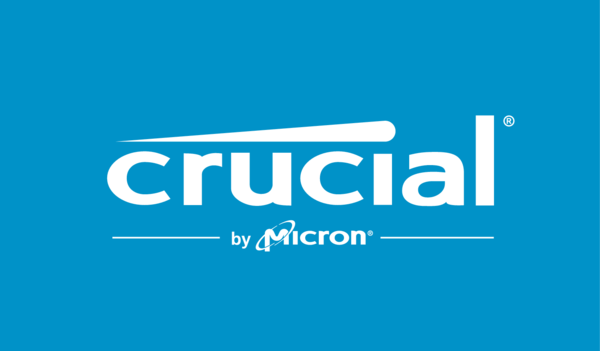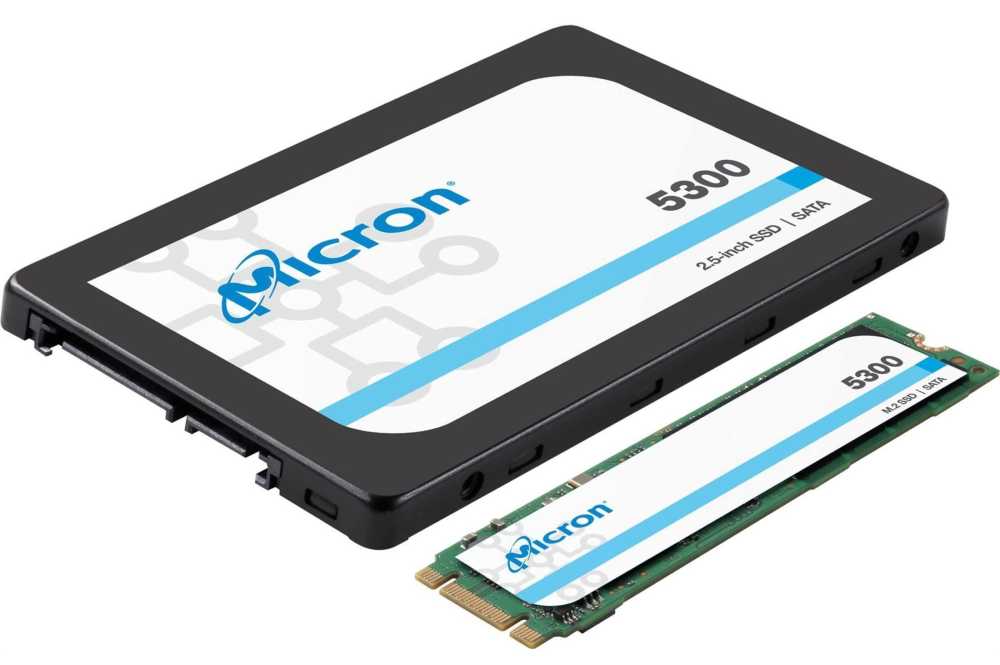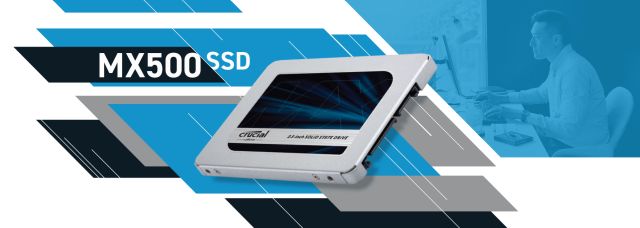ACE Data Recovery is your best choice for Micron and Crucial solid state drives data retrieval - SSD Data Recovery
Solid state drives (SSDs) are becoming more popular and affordable as storage devices for personal and business use. They offer many advantages over traditional hard disk drives (HDDs), such as faster speed, lower power consumption, less noise, and higher reliability. However, SSDs are not immune to data loss due to physical damage, logical errors, firmware issues, or human errors. When that happens, you need a professional data recovery service that can handle any type of SSD and recover your valuable data.
One of the leading brands of SSDs is Micron, which produces high-quality and high-performance SSDs for various applications. Micron also owns Crucial, another well-known brand of SSDs that offers a wide range of products for different needs and budgets. Both Micron and Crucial SSDs use NAND flash memory technology, which stores data in cells that can be erased and rewritten. However, NAND flash memory has a limited number of write cycles, which means that over time, the cells can wear out and become unreadable. This can cause data corruption or loss, especially if the SSD is not properly maintained or backed up.

Micron and Crucial SSDs: Similarities and Differences
Micron and Crucial SSDs are essentially the same in terms of technology and performance, as they both use the same NAND flash memory chips manufactured by Micron. However, they differ in terms of branding, marketing, pricing, and availability. Micron SSDs are mainly sold to OEMs (original equipment manufacturers) and enterprise customers, while Crucial SSDs are mainly sold to consumers and small businesses through online and retail channels. Crucial SSDs also tend to have more features and options than Micron SSDs, such as encryption, power loss protection, dynamic write acceleration, and adaptive thermal protection. Additionally, Crucial SSDs have different model names and numbers than Micron SSDs, even though they may share the same specifications. For example, the Crucial MX500 is equivalent to the Micron 1100.
Micron's High-Speed Portable SSDs
Another difference between Micron and Crucial SSDs is that Micron also offers high-speed portable SSDs under the Crucial brand name. These are external SSDs that connect to devices via USB 3.2 Gen 2x2 or Thunderbolt 3 ports. The Crucial X10 Pro Portable SSD, the fastest external SSD offered to date by Micron, delivers sequential read/write speeds up to 2,100MB/s and 2,000MB/s respectively and up to 4TB of space.
How do you know your SSD has wear leveling problem?
Wear leveling is a technique that SSDs use to distribute the usage of the cells evenly, prolonging the lifespan of the drive. However, wear leveling is not perfect, and some cells may still wear out faster than others. This can affect the performance and reliability of the SSD.

One way to check the wear level of your SSD is to use a tool that can read the S.M.A.R.T. (Self-Monitoring, Analysis, and Reporting Technology) data of the drive. S.M.A.R.T. is a system that monitors various parameters of the drive, such as temperature, power cycles, error rates, and wear level. The wear level is usually reported as a percentage or a count. The higher the percentage or the lower the count, the more worn out the drive is.
Another way to check the wear level of your SSD is to use a tool that can calculate the TBW (Terabytes Written) of the drive. TBW is a measure of how much data has been written to the drive over its lifetime. The more data written, the more wear on the cells. You can compare the TBW of your drive with its rated TBW from the manufacturer to estimate how much life is left on the drive.
If you notice that your SSD has a high wear level or a low TBW, you should back up your data as soon as possible and consider replacing the drive. You should also avoid filling up your SSD to its full capacity, as this can reduce the effectiveness of wear leveling and accelerate the aging process.
The time it takes for SSD data recovery can vary depending on several factors, similar to data recovery for other storage devices. The complexity of the recovery, the extent of the data loss, the type of SSD, and the capabilities of the data recovery service provider all play a role in determining the recovery time.
Factors that can influence the time required for SSD data recovery:
- Extent of Data Loss: If you've lost only a few files or a small amount of data, the recovery process can be relatively quick. However, if a large amount of data is lost or the SSD has suffered severe damage, the recovery process will be more time-consuming.
- Type of SSD: Different SSDs have different architectures and technologies, which can impact the data recovery process. Some SSDs may have built-in encryption or other features that add complexity to the recovery.
- Degree of Damage: If the SSD has physical damage, it may require more extensive repair and delicate handling during the recovery, which can increase the recovery time.
- Recovery Techniques: The data recovery methods employed also affect the time needed. Basic file recovery may be quicker, but more complex recoveries involving damaged file systems or NAND chip recovery can take longer.
- Data Recovery Service Provider: The expertise and experience of the data recovery service provider can significantly impact the turnaround time. Established data recovery companies with advanced tools and skilled specialists may be able to complete the recovery faster.
- Data Size: The amount of data to be recovered also influences the time required. Recovering a few gigabytes of data will generally be quicker than recovering several terabytes.
- Other Cases in Queue: The workload of the data recovery service provider may also play a role. If there are other recovery cases ahead of yours, it could impact the overall recovery time.
Generally, data recovery from SSDs can take anywhere from a few days to several weeks, depending on the factors mentioned above. However, it's essential to contact a reputable data recovery service provider as soon as possible if you experience data loss. They can assess your specific situation and provide you with an estimated time frame based on the complexity of the recovery.
Remember that attempting DIY data recovery or using unreliable recovery software can potentially worsen the situation and make data recovery more difficult and time-consuming. It's best to seek professional help from experienced data recovery specialists to maximize the chances of successful recovery and minimize the recovery time.

Choose ACE Data Recovery for Micron and Crucial SSD Data Recovery
ACE Data Recovery has been in the data recovery industry for over 35 years, serving thousands of satisfied customers across the world. We have a success rate of over 98%, which means that we can recover your data in most cases. We also offer a free diagnostic evaluation and a no-data-no-fee guarantee, which means that you only pay if we recover your data. We have a fast turnaround time and a friendly customer service team that will keep you updated on the progress of your case.
If you need data recovery services for your Micron or Crucial SSD, do not hesitate to contact ACE Data Recovery today. We will provide you with a free quote and a free shipping label to send your device to our nearest laboratory. We will then perform a thorough analysis and inform you of the results and the cost of recovery. If you approve, we will proceed with the recovery and return your data on a new storage device of your choice. We will also securely dispose of your original device according to industry standards.
ACE Data Recovery is your best choice for Micron and Crucial SSD data recovery. We have the skills, experience, and reputation to handle any data recovery challenge. Contact us today and let us help you get your data back.
Latest Publications
By following these guidelines and avoiding common mistakes, you can extend the lifespan of your flash drive and protect your valuable data
Read more..
Understanding and Unraveling the Mystery of Formatted SSDs: Can Deleted Data Be Recovered?
Read more..
